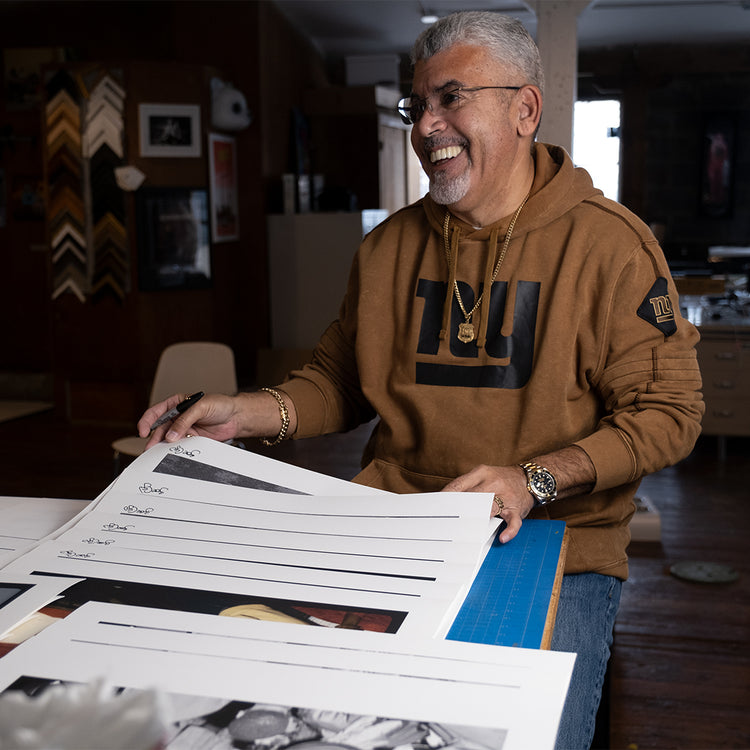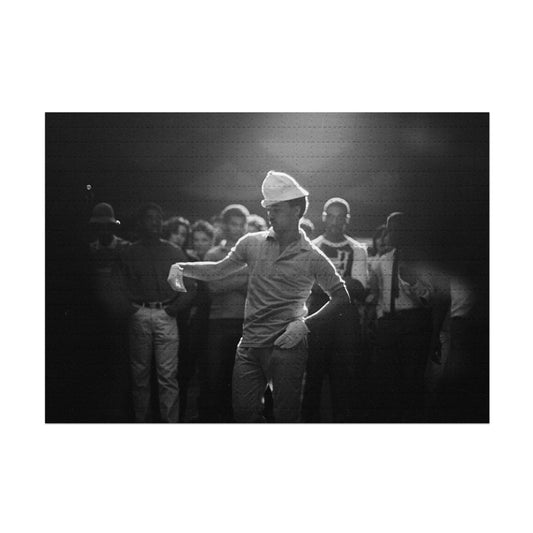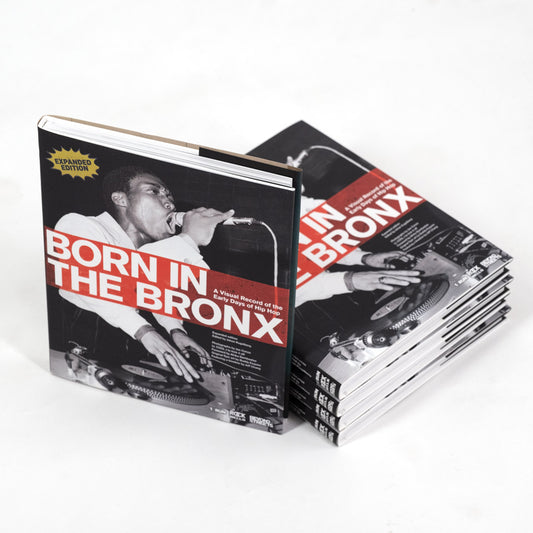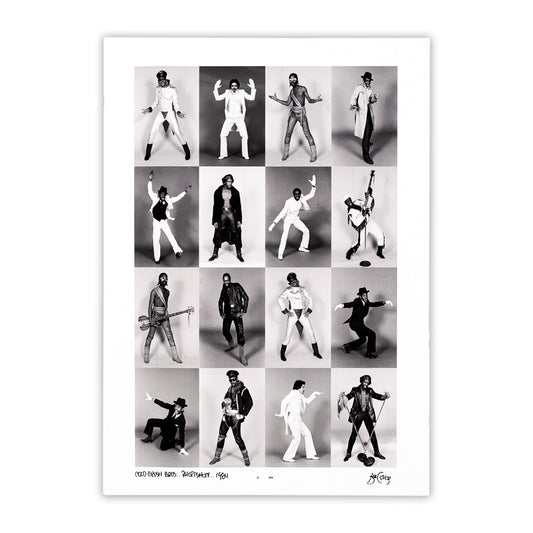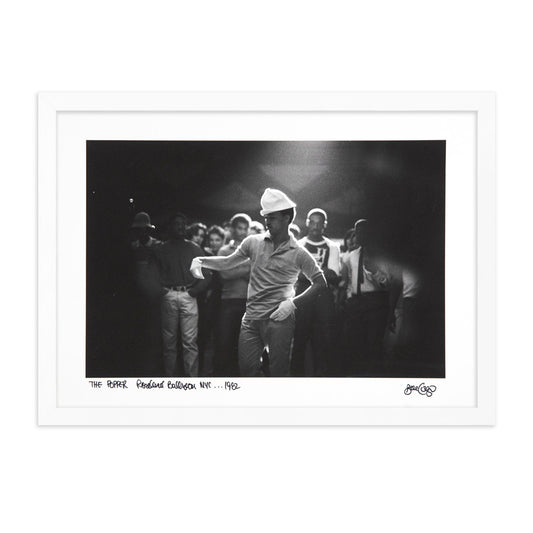Collection:
Joe Conzo, Jr.
New York, New York
Born and raised in the Bronx, Joe Conzo Jr. acquired a passion for photography as a young boy attending the Agnes Russell School on the campus of Columbia University. He continued his formal artistic education at the School of Visual Arts (NYC).Coming of age as a young man and as a budding photographer, in the mid 70s, proved to be baptism by fire, during an unprecedented chapter of New York City urban decay. Joey was a part of a generation that had refused to be erased by corrupt politicians and a disparaging educational system. His talents had found their niche within the collective acts of defiance that boldly re-invented the very world that left them for dead. This socio-cultural movement would eventually be recognized in American History books as Hip Hop.
After a tumultuous period of substance abuse and homelessness, Joe Conzo Jr. wanted positive change in his life. With his archive of photographic works lovingly preserved in boxes by his mother, and by members of the legendary Cold Crush Brothers group, he pursued the change, one step at a time. His personal re-invention led him to the medical professions where he, eventually, received certification as a Medical Nurse. Later, he would join the New York Fire Department as an Emergency Medical Technician. It was his role as an EMT that delivered him to the World Trade Center on the morning of September 11, 2001.
Joe Conzo Jr.’s near-death experience, during the worst terrorist acts on US soil, strengthened his resolve to maintain control of his life. Among his life choices, he resumed his stalled relationship with a camera, and found his passion for life again from behind a lens. A few years later, he met American photographer and videographer Henry Chalfant, who was working on the documentary “From Mambo to Hip Hop: A South Bronx Tale.” Chalfant asked Joey for permission to include some of his Cold Crush Brothers images in the film. The collaboration sparked a friendship between the two that continues today. The documentary received the 2006 ALMA Award, Best Television Documentary.
